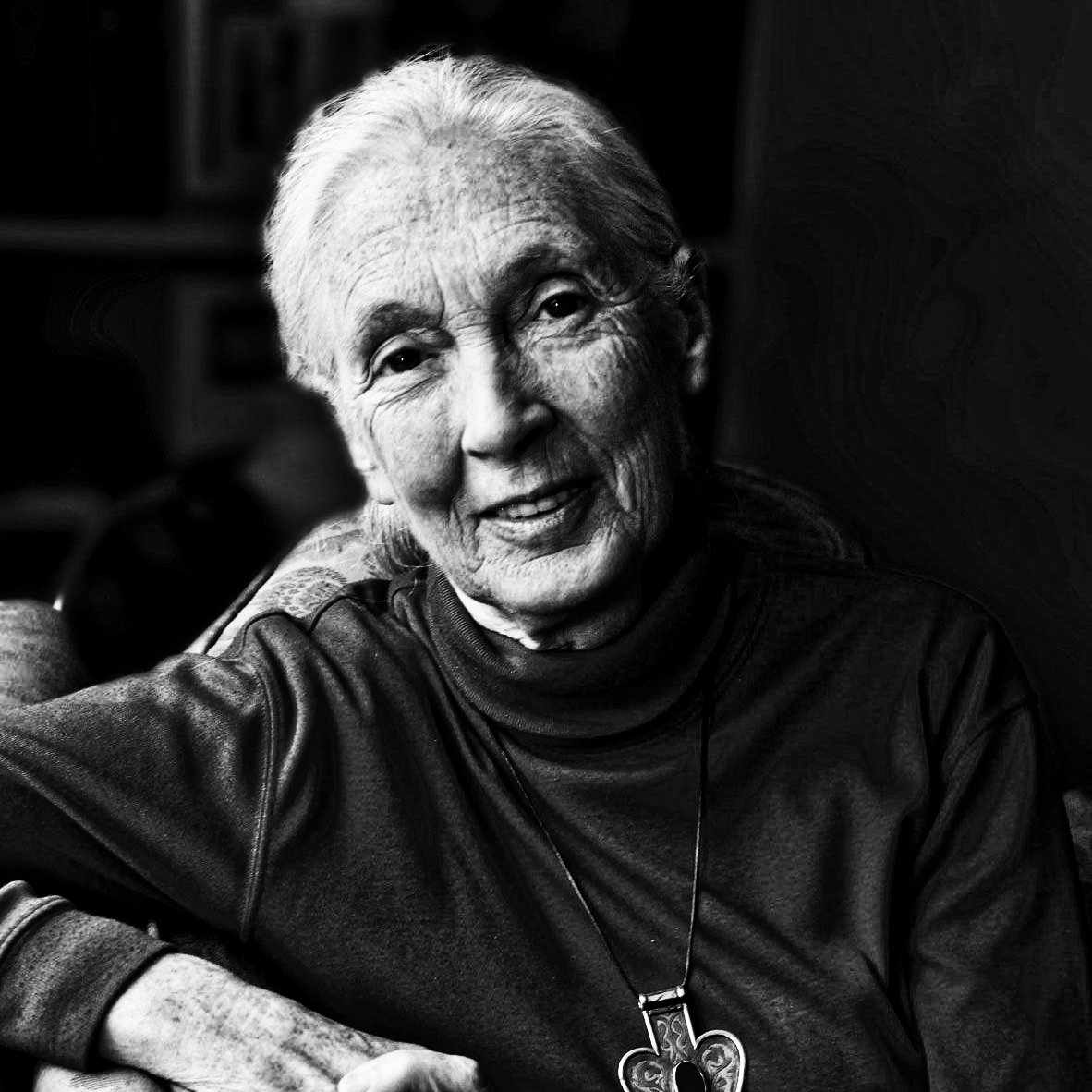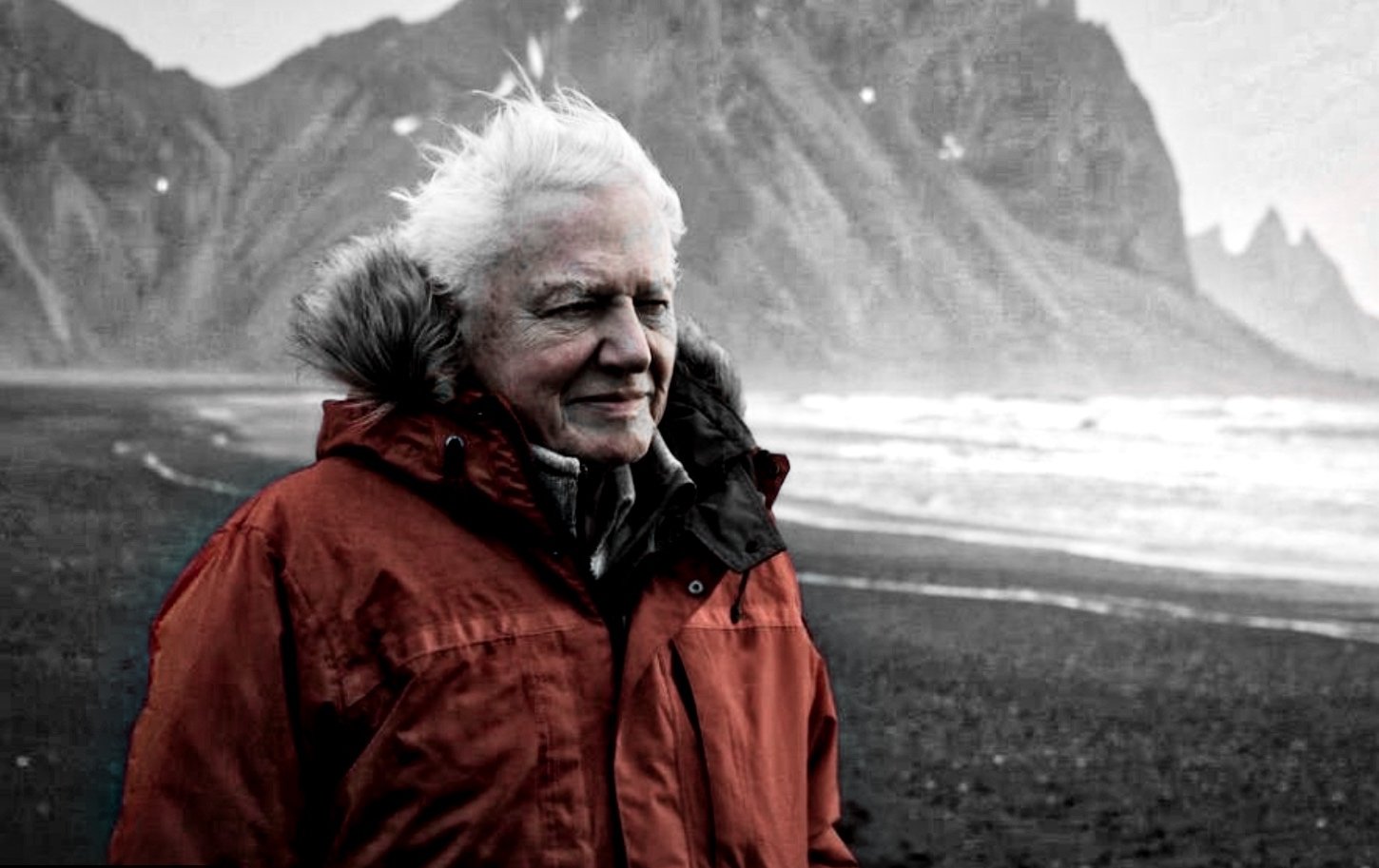During the pandemic, the famed ethnologist and conservationist Jane Goodall sequestered herself in her childhood home in Bournemouth, on the south coast of England. Goodall, who first stepped into Tanzania’s Gombe National Park to observe chimpanzees just more than 60 years ago, was hard at work, broadcasting her mission to millions of viewers across the globe. In a teleconference interview with Vogue, she talked about how she was putting the finishing touches on her new collaboration with the wellness brand Forest Remedies: a kit of four essential oils—ginger and ylang-ylang from Madagascar, citronella from Togo, and frankincense from Somaliland—of which a percentage of the proceeds will be donated to the Jane Goodall Institute. “The more we can provide people with products that they want to use that are produced in a sustainable way, the better,” Goodall said at the time. She turned 89 on April 3, just 20 days ago.
Earth Day is acknowledged once a year, but in truth — especially now, in 2023 — every day should be Earth Day. “I understood why those who had lived through war and economic disasters,” Goodall wrote in Reason for Hope: A Spiritual Journey. “and who had built a good life and a high standard of living for themselves, were rightly proud to be able to provide for their children those things which they themselves had not had. And why their children inevitably took those things for granted. It meant that new values and new expectations crept into our societies, (leading to) the materialistic lifestyle of so many people in the Western world today.” Our onslaught on nature is not down to a lack of intelligence but rather a lack of compassion for future generations and the health of the planet: greed and selfishness for short-term personal gain. The rest is thoughtlessness. We can do better, Goodall reminds us. We must do better. It is well past time.


